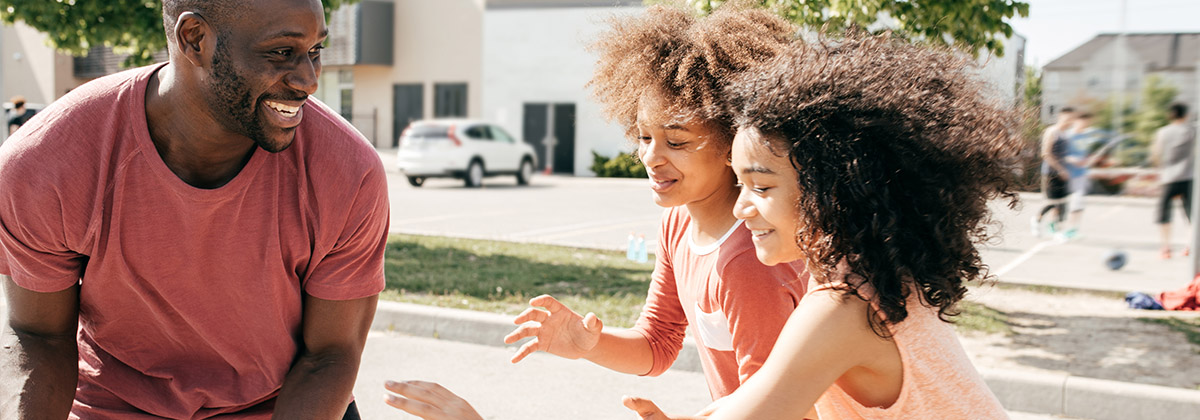
Follow these tips to help your child get the most out of their sport experience.
Girls and Boys all ages and stages
- Talk to your child about their interests. Find out what physical activities or sports appeal to them.
- Recognize and respect your child’s reasons for playing a sport or practicing a physical activity. They might want to compete for medals and titles, or they might simply want to have fun and socialize through activity.
- Be positive when supporting your child, regardless of results. (Research has shown that children retreat from activity when their parents become demanding about results!)
- Support your child’s activities as a parent, not as a 24-hour coach. Your role is to assist with transportation, good nutrition, rest and balanced lifestyle.
- Support your child’s coaches and instructors. If you have questions or concerns other than physical safety, approach them when they are not busy coaching or instructing.
- Your child might pursue extra interests outside sport and physical activity, and things can get busy in a hurry. Help them to balance their time according to their best interests.
- Educate yourself on good nutrition and healthy lifestyle habits for your child. Consult sport and health websites, books, magazines and videos, and ask your child’s coach or instructor for guidance.
FUNdamentals stage
- If your child has a preferred activity, encourage her or him to participate once or twice per week.
- At the same time, encourage participation in a variety of other fun physical activities 3 or 4 times per week to develop a wide range of skills and abilities.
- Encourage your child to attend fun multi-sport camps during summer and winter holidays.
- Check if your child’s activities address the ABCs of athletic development: Agility, Balance, Coordination and Speed.
Learn to Train stage
- Identify sports and physical activities that your child enjoys. Start to focus on three during the course of the year.
- Encourage your child to focus on fun and mastering skills. Winning should be secondary at this age.
- Recognize and celebrate your child’s individual improvement.
- In team environments, help your child celebrate the success and improvement of the team.
- Encourage your child to pursue unstructured play outside of organized sport and physical activity.
Train to Train stage
- If your child is identified as a special talent, celebrate! However, be cautious about specializing in one sport, event, or position before age 13 to 14.
- Remember that your child might still have undiscovered talent and interest in other physical activities.
- Be careful that your child does not over-train or over-compete, as injury and burnout can result.
- Ask the coach or instructor how the training program fits your child’s stage of maturation.
- Talk with your child about key values in sport and activity: fun, fairness, respect.
- Avoid putting pressure on your child to perform and compete! This stage has the highest rate of dropout due to pressure and stress.
